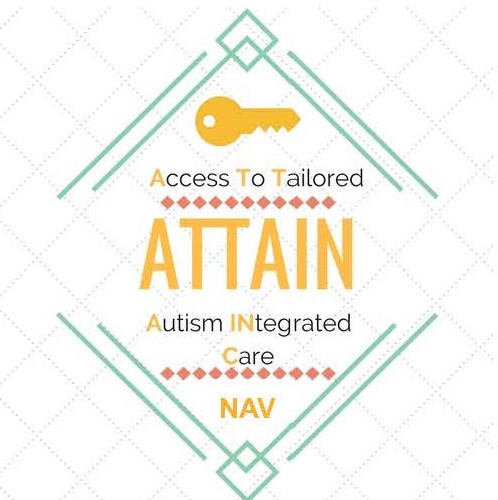Translational Science Benefits Model
-
ACTRI TSBM Project Profiles
- Access to Tailored Autism Integrated Care through Family Navigation (ATTAIN NAV)
- Implementation of state health insurance benefit mandates for cancer-related fertility preservation
- Increasing Healthy Food Access Through Integrated Nutrition Incentives
- Effects of Blood Pressure on Cognition and Cerebral Oxygenation in Parkinson's Disease
- Strategies to Engage Underserved Communities in Southern California in COVID-19 Testing, Vaccinations and Trials
- Enhancing Collaborative Decision-Making Among Veterans of Color in VA Mental Health Care
- Novel Markers for Monitoring Kidney Transplants
- San Diego Accelerating Colorectal Cancer Screening and follow-up through Implementation Science (ACCSIS)







